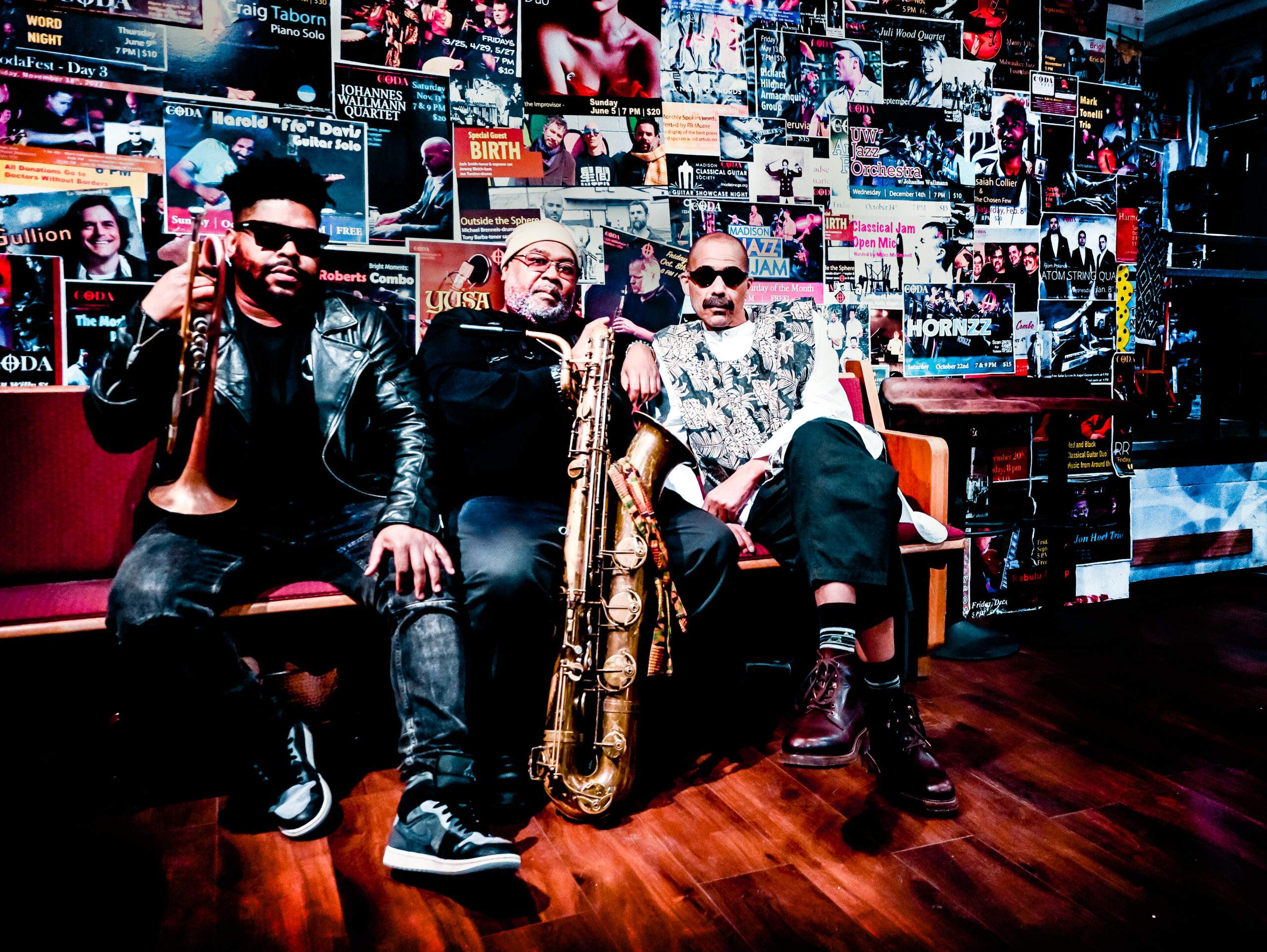Kahil El’Zabar | Interview | New Album, ‘Spirit Gatherer: A Tribute To Don Cherry’
Visionary percussionist and veteran bandleader Kahil El’Zabar leads his Ethnic Heritage Ensemble in celebration of the legendary jazz pioneer Don Cherry and announces the release of new album ‘Spirit Gatherer,’ April 21st, 2023 via Spiritmuse Records.
Performing and recording at the vanguard of Chicago’s musical scene for the past five decades, Kahil El’Zabar’s impact on jazz, avant-garde music and beyond is significant. Known firstly as a drummer and percussionist, El’Zabar is also a multi-instrumentalist, vocalist, bandleader, singer, composer, conductor, arts curator, tailor and educator. His pioneering sound, sometimes described as “spiritual groove,” incorporating African instrumentation and musical traditions with spiritual jazz, has been incredibly influential upon jazz musicians, producers of electronic music and so many musicians from around the world who have experimented with mixing traditional and contemporary music.
El’Zabar formed Ethnic Heritage Ensemble shortly after graduating from the fabled school of the Association for the Advancement of Creative Musicians in 1973. The project began when he teamed up with tenor saxophonist Edward Wilkerson, Jr. with the goal “To combine concepts of African American music with its earlier roots in traditional African music, to produce new motifs and sounds true to their origins yet firmly pointed in a new artistic direction”. Almost 50 years later and the rich, compelling, ever-evolving sound the band are known for, is still going strong.
The upcoming release of ‘Spirit Gatherer’ finds the three-person Ethnic Heritage Ensemble joined by two storied guest artists: Dwight Trible, vocalist with the Pan-Afrikan Peoples Arkestra, and multi-instrumentalist David Ornette Cherry, Don Cherry’s eldest son. Performed by a group of artists who intimately understand the profundity of Don Cherry’s contribution to universal musical and artistic culture, ‘Spirit Gatherer’ is a powerful, spiritualised tribute to one of the giants of twentieth century music.
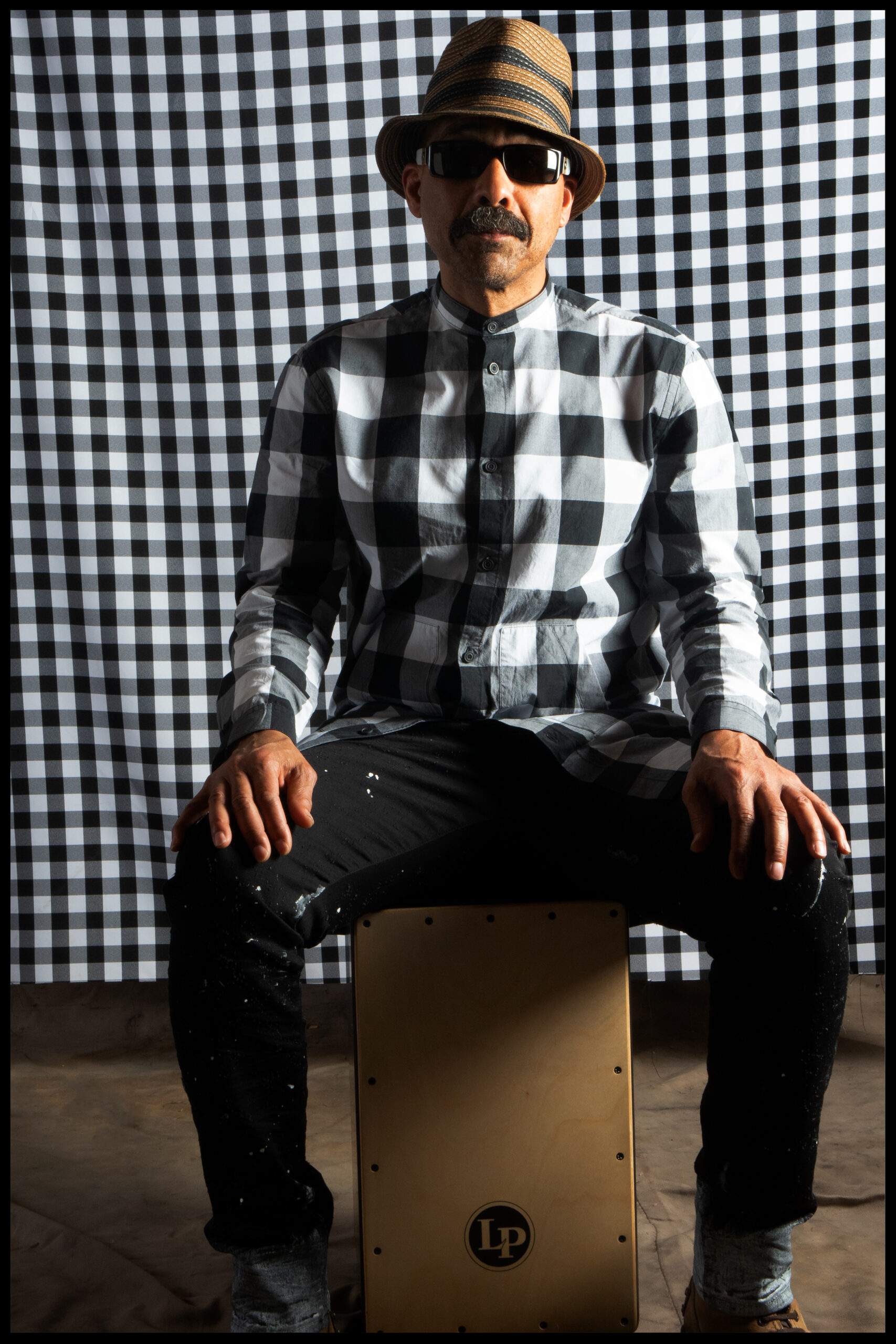
“What makes Don Cherry unique is the distinctive voice of multiple cultures through a singular lens of openness”
It’s fantastic to have you. Thanks for taking your time. You recently released, ‘Harvest Time,’ which is part of your upcoming album ‘Spirit Gatherer: A Tribute To Don Cherry’. When did you first hear the music of Don Cherry and what did you think of it?
Kahil El’Zabar: I first heard the musician Don Cherry with the Ornette Coleman quartet. On performances such as ‘Lonely Woman,’ I heard a trumpeter of great distinction with spiritual intent that touched my soul deeply. As years went by, I came to know his music and respect the intent of it – the purposeful inclusion of world cultures. Don was a serene and spiritually profound player. An essential, iconic, urban shaman, whose works employ a vast knowledge and exploration of musical language that transmit ancestral teachings. He connects us through space and time. That’s why we call him the “Spirit Gatherer,” which is the name of the album.
As a musician being active for decades, what about Don Cherry’s music makes him unique?
What makes Don Cherry unique is the distinctive voice of multiple cultures through a singular lens of openness. He has a focused relationship to tradition, and
an innovative trajectory of the future, which made his sound quite unique.
Would you like to share a few words about the latest single, ‘Harvest Time’? You connected the music of two giants, Pharoah Sanders and Don Cherry.
They both represent the African American griot supreme. It is a romantic moment and memory of my life when such musicians were bigger than life. Their sound and their persona changed the world for the better. The meaning of ‘Harvest Time’ for me is reaping the benefits of the best of who we are and who we can be.
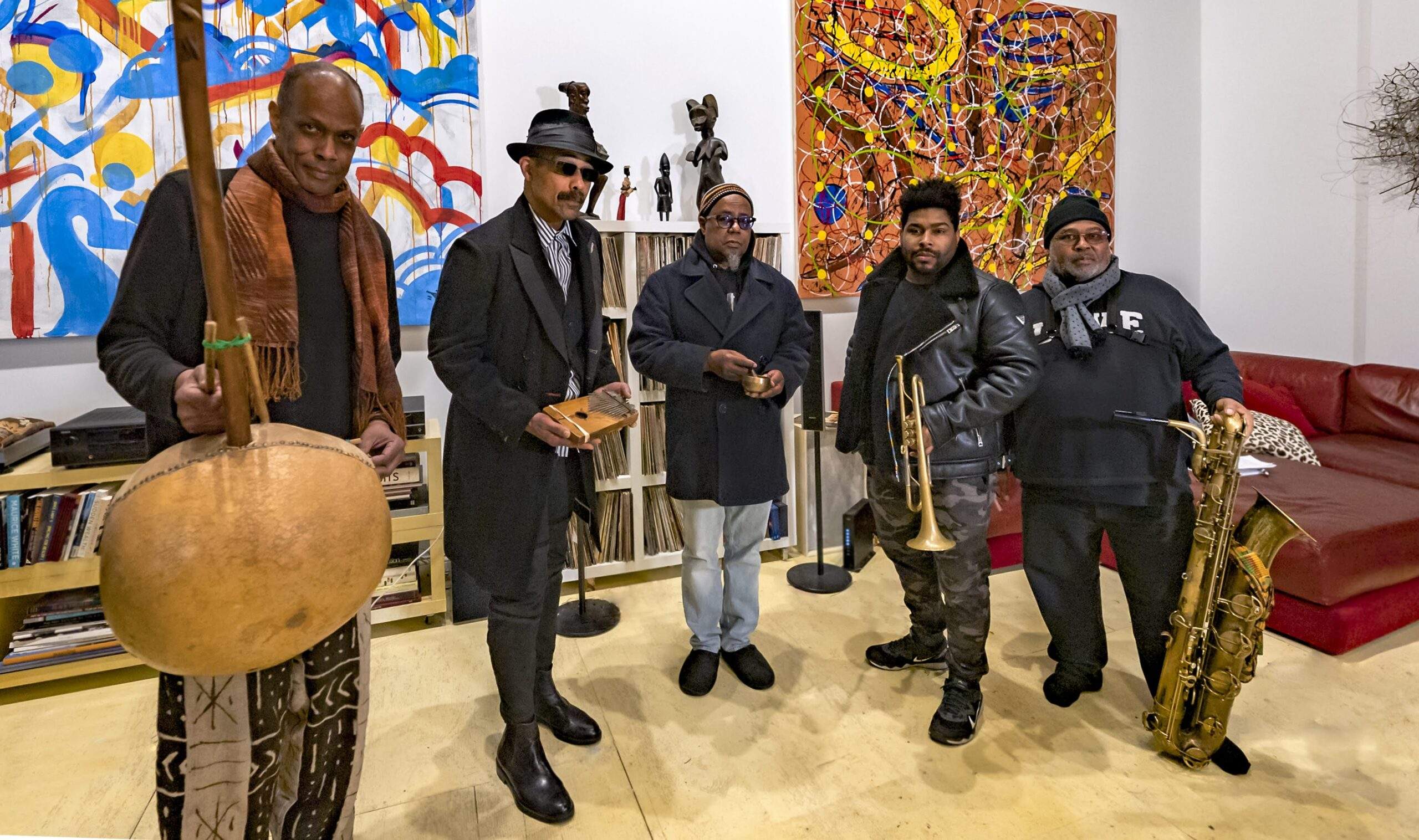
Would you like to elaborate on how Ethnic Heritage Ensemble got together back in the early eighties and what runs through your mind hearing those early recordings?
The Ethnic Heritage Ensemble actually began in 1974. My intent was to qualify the connection of the African diaspora to the voice of contemporary African American music, that indeed there is a continuum to celebrate. Our early recordings remind me of the joy of youth, the power of belief, and what a transformative opportunity I have been blessed with.
What about Ritual Trio? Is there a chance for another Ritual Trio recording in the near future?
I believe we will have the opportunity to record something special with the Ritual Trio within the next year to come. It has been another important vehicle for me to express musical ideas.
“My creative process starts with a dream”
You have been very busy the last couple of years since you signed with Spiritmuse Records, do you enjoy being occupied with music all the time? What would you say is your creative process? Did it change from the early days?
I thoroughly enjoy the exercises associated with making art. Music is a healing force in my personal life and I’ve tried to use it as an instrument for positive change in the world. My creative process starts with a dream. I see colors within this process, and then translate those colors to noted value through music. My creative process has not changed, my modes and operations are evolving as I grow. The role of an artist is to express life through seasons, change is inevitable in that process.
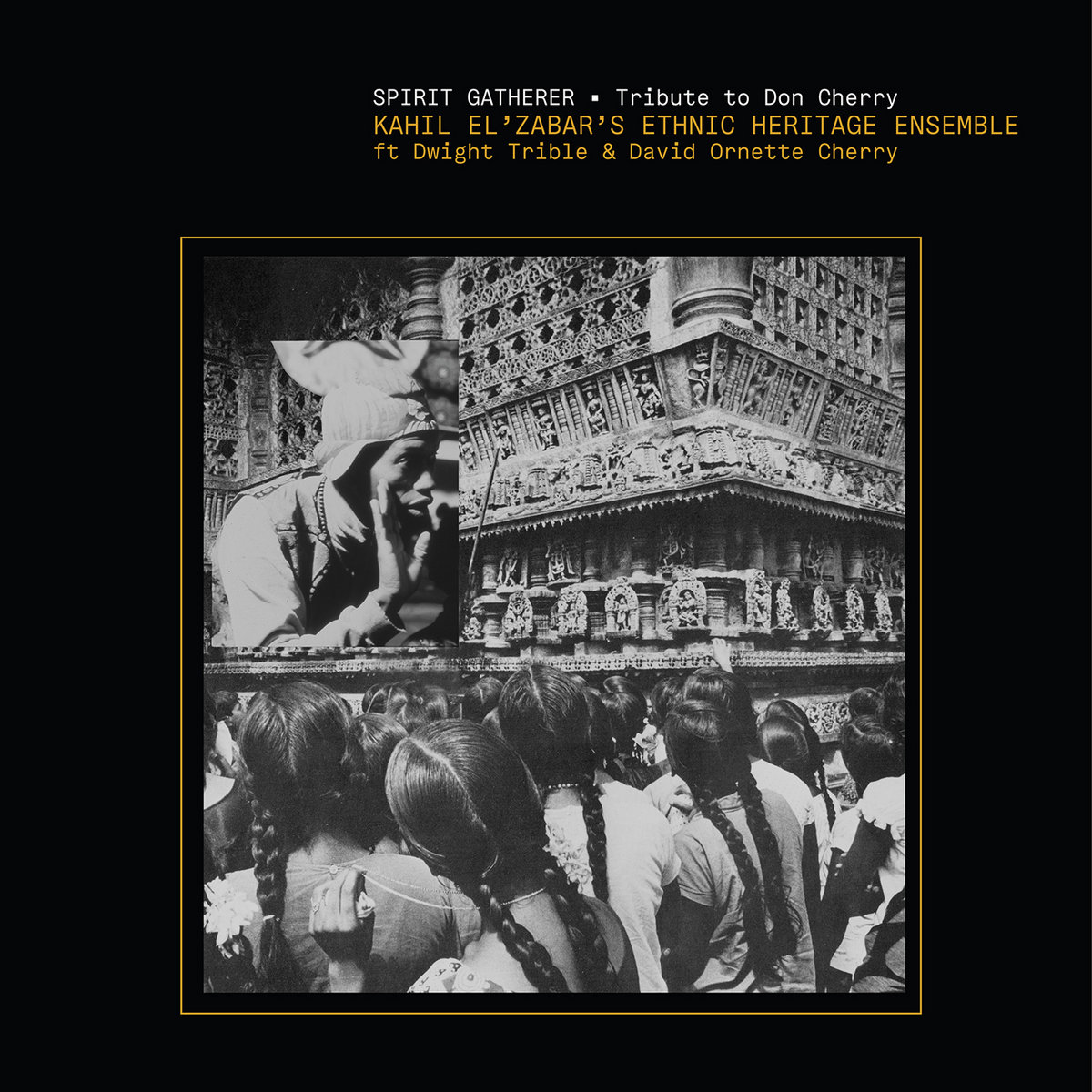
You did a lot of touring before the pandemic hit, was it difficult for you to stop all the sudden? Have you found the isolation creatively challenging or freeing?
It was very difficult. It was the first time in my life I had to be in one city without traveling.
In turn, it became a time of redefinition and personal transformation. I found it both challenging in the acceptance and awareness, transforming in the stillness to return to my center and then be reborn in my purpose for now.
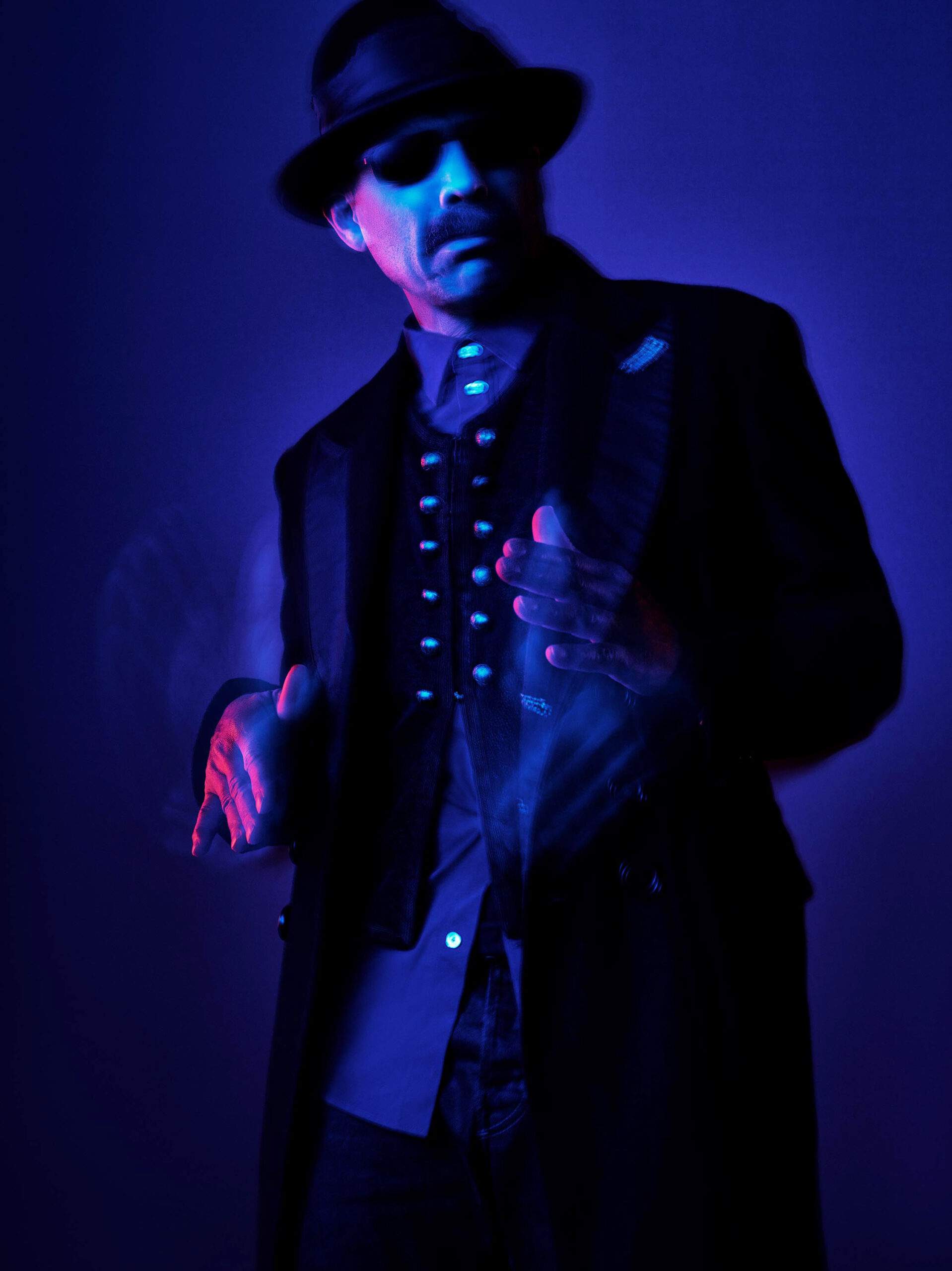
You’re also a painter. Years ago when I interviewed Peter Brötzmann, I asked him what’s the difference between painting and making music and he replied: “[…] if you play music it’s out in the clouds and you can’t take it back and usually you do it together with at least one more person. Working in the studio (alone) on canvas or paper or whatever, you always can put the result into the garbage or stuff it into the oven and it never has existed. You start from the beginning.” What’s your thoughts on that?
When I’m painting, I feel a more quiet sense of self assertion as a creative medium. Predominantly in music I am in a vulnerable space of co-collaboration to the idea of a musical canvas. For me, both processes are necessary for my human balance.
Was there a certain moment in your career when you heard something and thought, “this is it”?
Many times in my private practice space, there are moments of epiphany that I wish I could have shared. But, alas, those moments are as they are – to accept in the beauty of their fleeting.
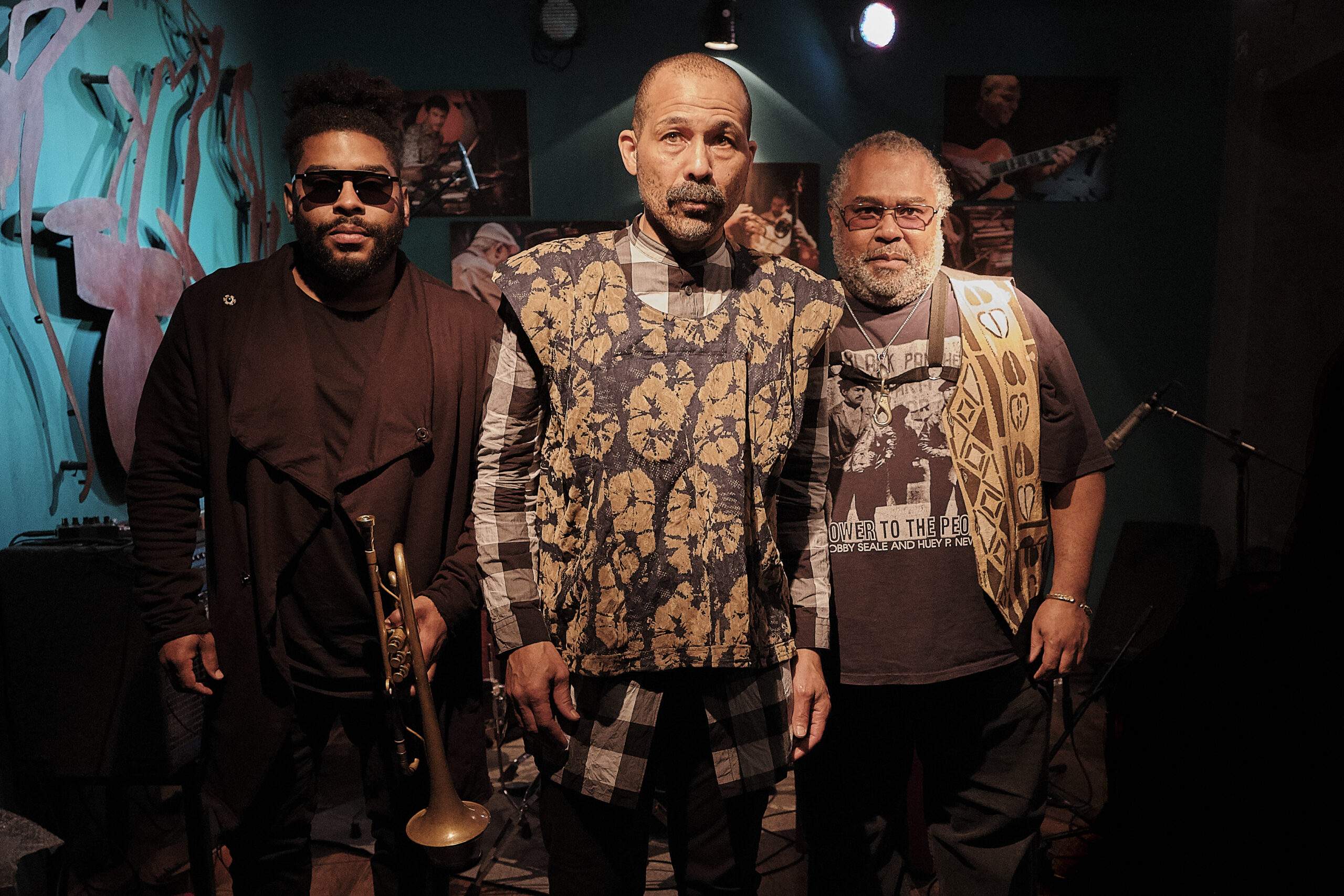
What are some of the most important players that influenced your own style and what in particular did they employ in their playing that you liked?
The sense of melodic freedom in Charlie Christian, and Charlie Parker, and the exuberant passion and precision of Elvin Jones. The technical execution of Art Tatum. The emotional power of James Brown and Mahalia Jackson. The depth of storytelling of Nina Simone and Bill Withers’. The compositional landscapes of Charles Mingus and Duke Ellington. And last, the supreme comradeship of the AACM (Association for the Advancement of Creative Musicians).
Would you mind elaborate on Association for the Advancement of Creative Musicians, how did you first get involved with it as a very young man and what led to being chairman in 1975.
I first became associated with the AACM at the age of 16 as a student through free community classes in 1968. I was honored to be asked to become a member a few years later as I matured in my musicianship. I was most honored in 1975 when I was elected to be chairman, it was a time of big dreams, enormous joy and musical splendor.
Would you say that your father was the first person that got you in jazz music?
My father played music from the day I was born and as I look back I recognized that he was a connoisseur of music. I will be forever thankful for what he exposed me to.
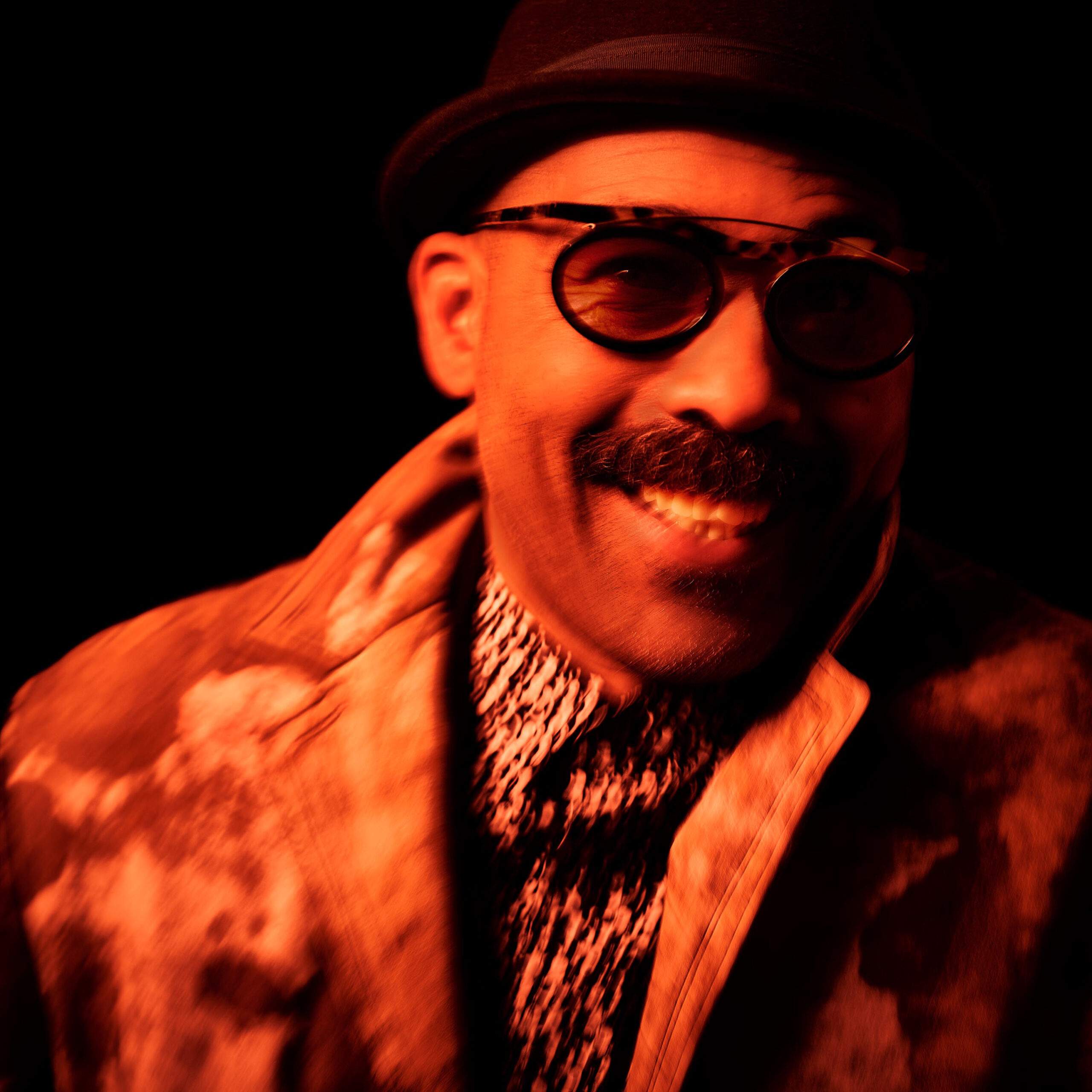
This question might take a long time, but how would you describe the scene in Chicago back in the 60s and early 70s?
I would define it as a supreme moment of segregated elegance. The legal apartheid of America forced the African American community to define and refine their existence through the culture towards the bridge of mental and spiritual freedom. It was a renaissance, so to speak, for music, visual arts, poetry, and dance. Those art forms through the lens of our people’s voices transformed the entire world for the better.
We look back and kinda feel that we missed all those clubs and spontaneity. Do you ever feel that way?
I miss all the great women, men and people who forged the vision of great black music, as well as the Afrocentric Arts movement. These folks were articulate, sassy, spontaneous, and brilliant beyond reproach. For me, it was as though Gods lived on earth.
Before we say goodbye, would you be so kind as to share some details about the last two recordings you did on Spiritmuse Records, ‘Spirit Groove’ and ‘America the Beautiful’?
Thank you for asking, those two recordings mean a lot to me. ‘Spirit Groove’ was a journey of expressing a modernist idea about spiritualism that had been a part of music from the sixties and seventies, in contemporary sensibilities. It was my attempt to express a current voice with the same devotion. I was honored to have the opportunity to collaborate once again with the great David Murray.
‘America The Beautiful’ was approached as a testament to these times where the irony of high ideals insinuated in the American constitution are translated within the pain of injustice and the realities of racism towards the hopes of higher ideals and the intent of humane transformation in these harsh times. People can either make the world better or worse by their actions and intent, my hope would be for a real America the beautiful, thus the world!
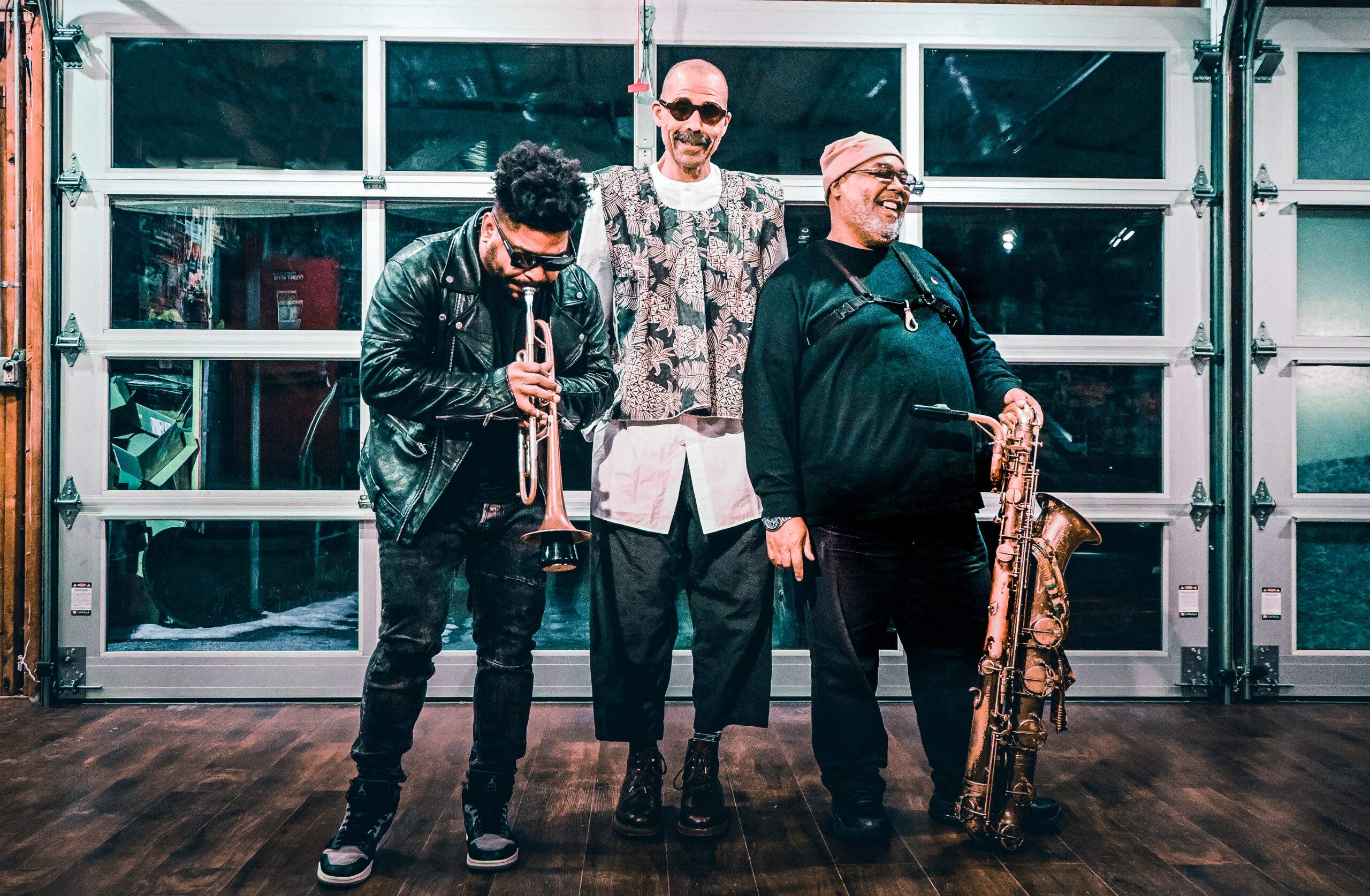
Thank you for taking your time. Last word is yours.
Due to the blessings of having great parents, I was nurtured to be an idealist, that my dreams should not be deferred, but realized. And by the grace of spirit, I can propel my actions to manifest the opportunities that I have been gifted to achieve. I wish everyone love, and the affirmation of each achieving the best of who they can be. Thank you.
Klemen Breznikar
Headline photo: Ethnic Heritage Ensemble | Corey Wilkes, Alex Harding and Kahil El’Zabar | Photo by Francesca Xavier
Kahil El’Zabar Official Website / Facebook / Instagram / Twitter / YouTube
Spiritmuse Records Official Website / Facebook / Instagram / Twitter / Bandcamp / YouTube / SoundCloud

